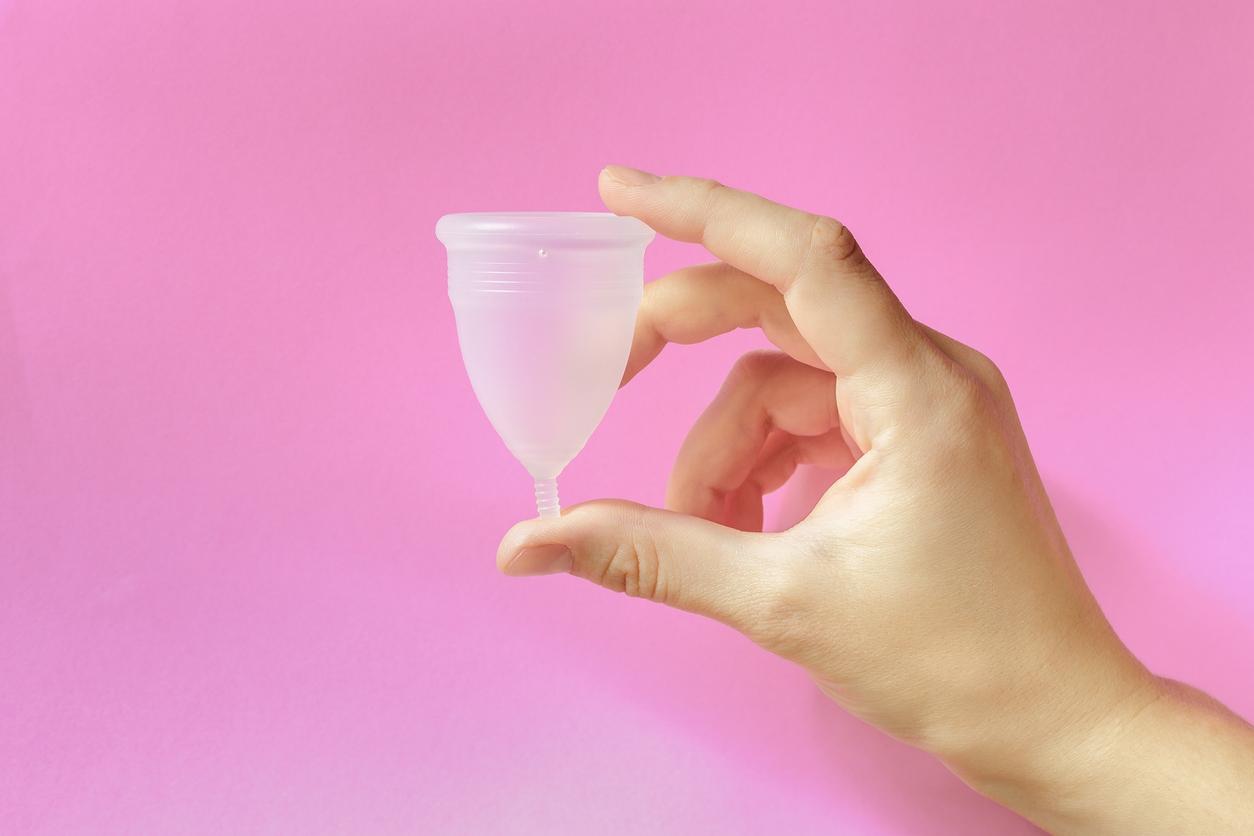Too much cleanliness can be harmful to health. Intimate vaginal hygiene would be a risk factor for ovarian cancer, according to the results of a study published in the medical journal Epidemiology. By destroying the vaginal flora, the intimate shower promotes infections.
Researchers at the National Institute of Environmental Health Science in the United States studied the medical data of 41,654 women, aged 35 to 74 years.
The participants had to declare in particular what kind of intimate hygiene they practiced and at what rate, if they used antibacterial soaps, talc … The women were followed for 6 years and 154 of them developed a ovarian cancer. Scientists have found douching to be a risk factor for ovarian cancer.
The vagina is clean
The vagina is not dirty, quite the contrary. The vaginal flora constitutes a fragile ecosystem which is based on a specific acidity and on the presence of protective bacteria which make it possible to avoid feeling itching or even burning and seeing an infection or yeast infection. The intimate shower risks attacking this ecosystem and destroying its balance. It is necessary to wash superficially, not to use antibacterial soap, or a washcloth and never to powder her vagina like Gloria Ristesund, a 62-year-old American who developed cancer.
“Douching eliminates bacteria that are naturally present in our body to protect us against infections,” said Beverly Whipple, secretary general of the World Association for Sexual Health on the website of the journal Everyday Health in reaction to a wacky statement from Gwyneth Paltrow on intimate hygiene. “Steam is not good for your vagina, especially when it comes to pH,” adds Dr. Jen Gunter, gynecologist. “You must never do that.”
Read also:
Talc and cancer: Johnson & Johnson ordered to pay $ 55 million
5 tricky questions about female anatomy
Vaginal yeast infection: how to avoid and treat it
Ovarian cancer: routine screening could reduce female mortality

















